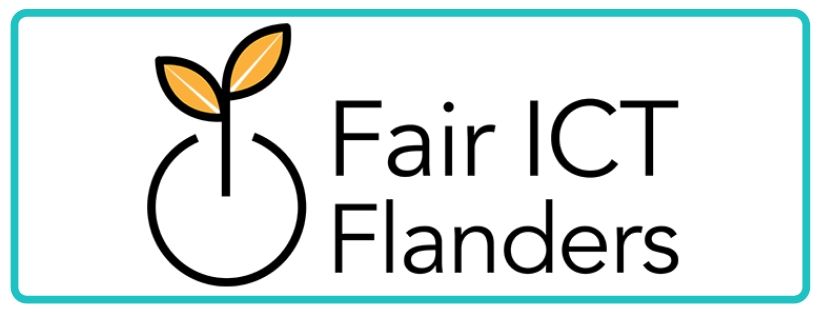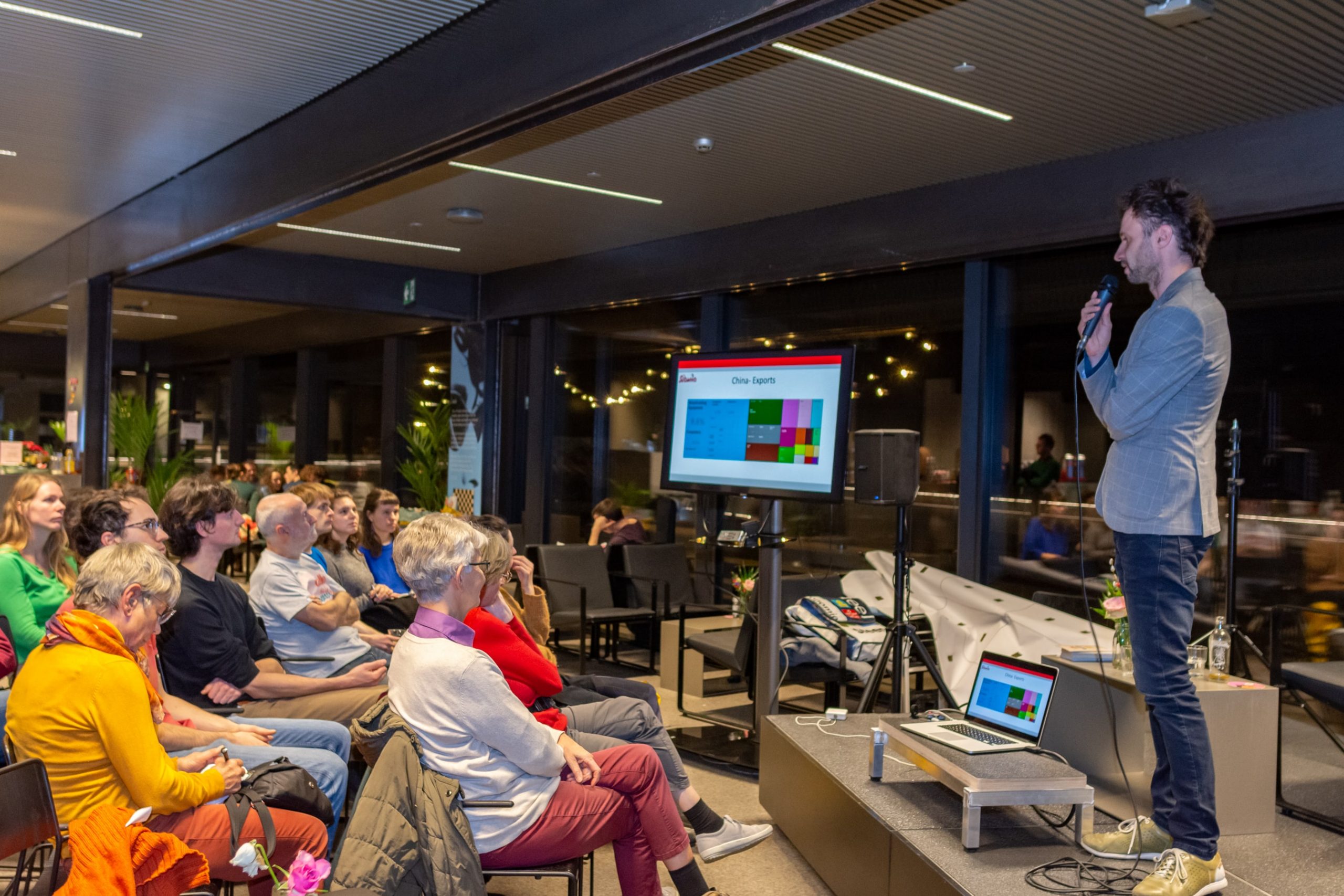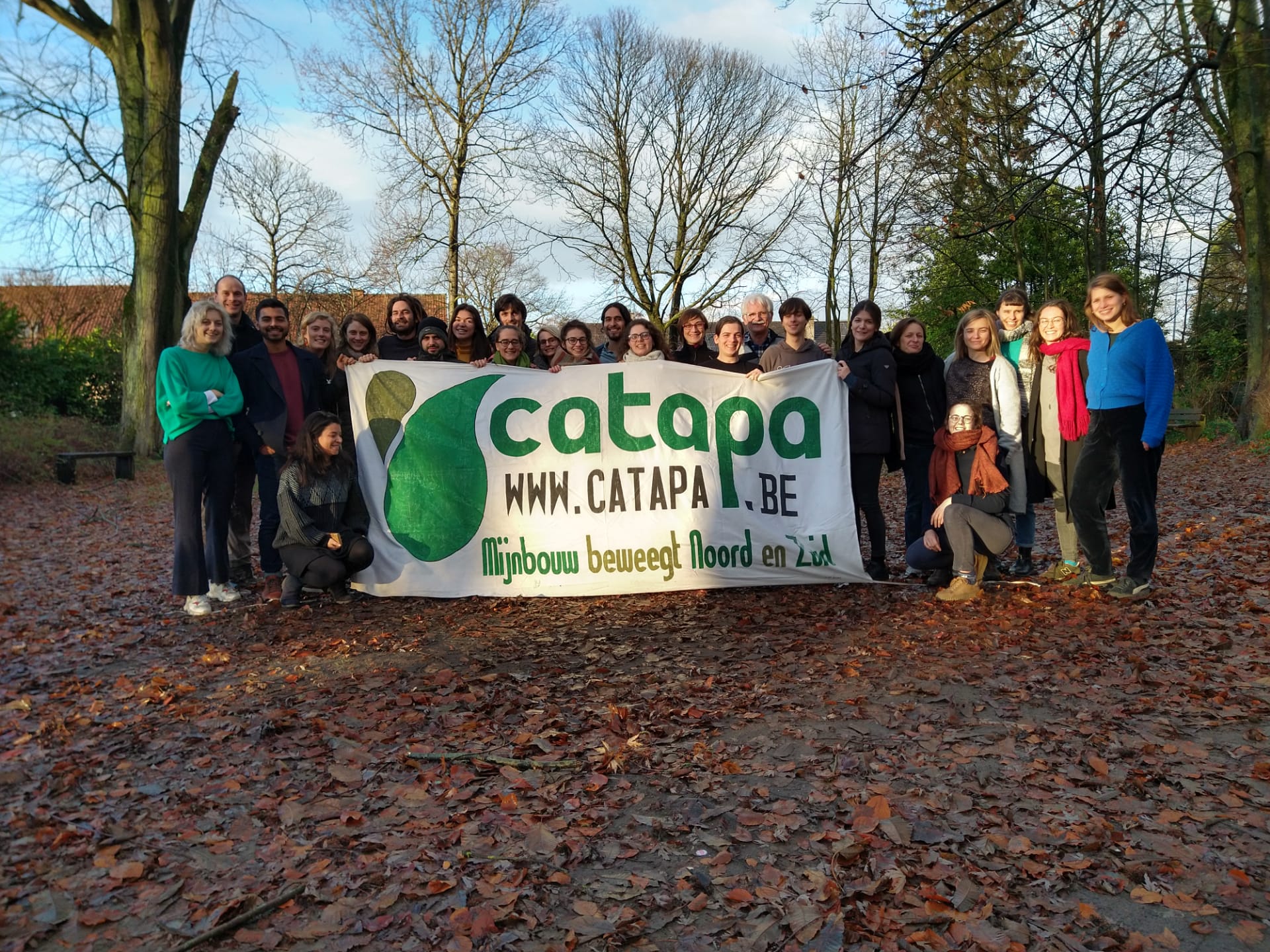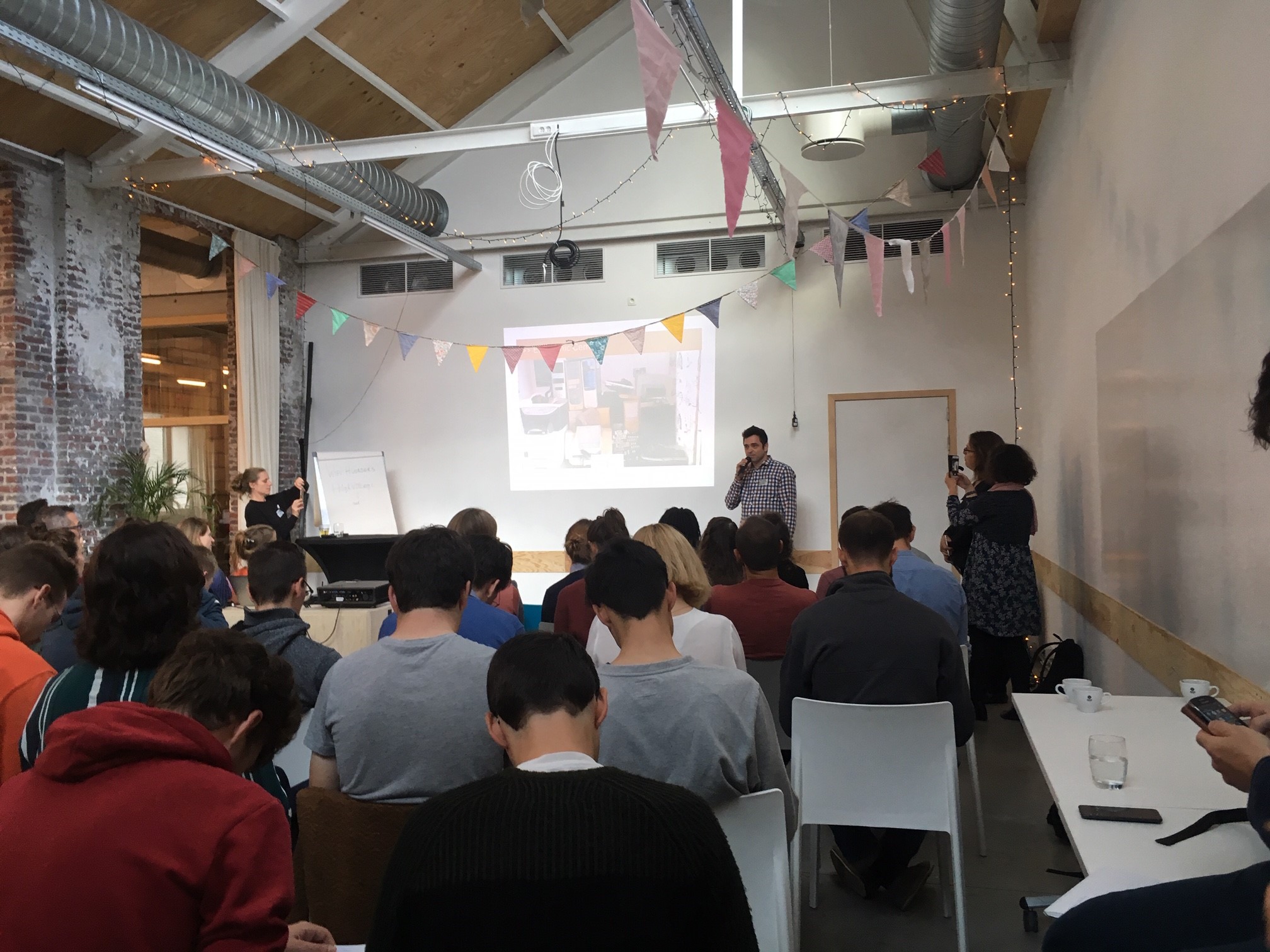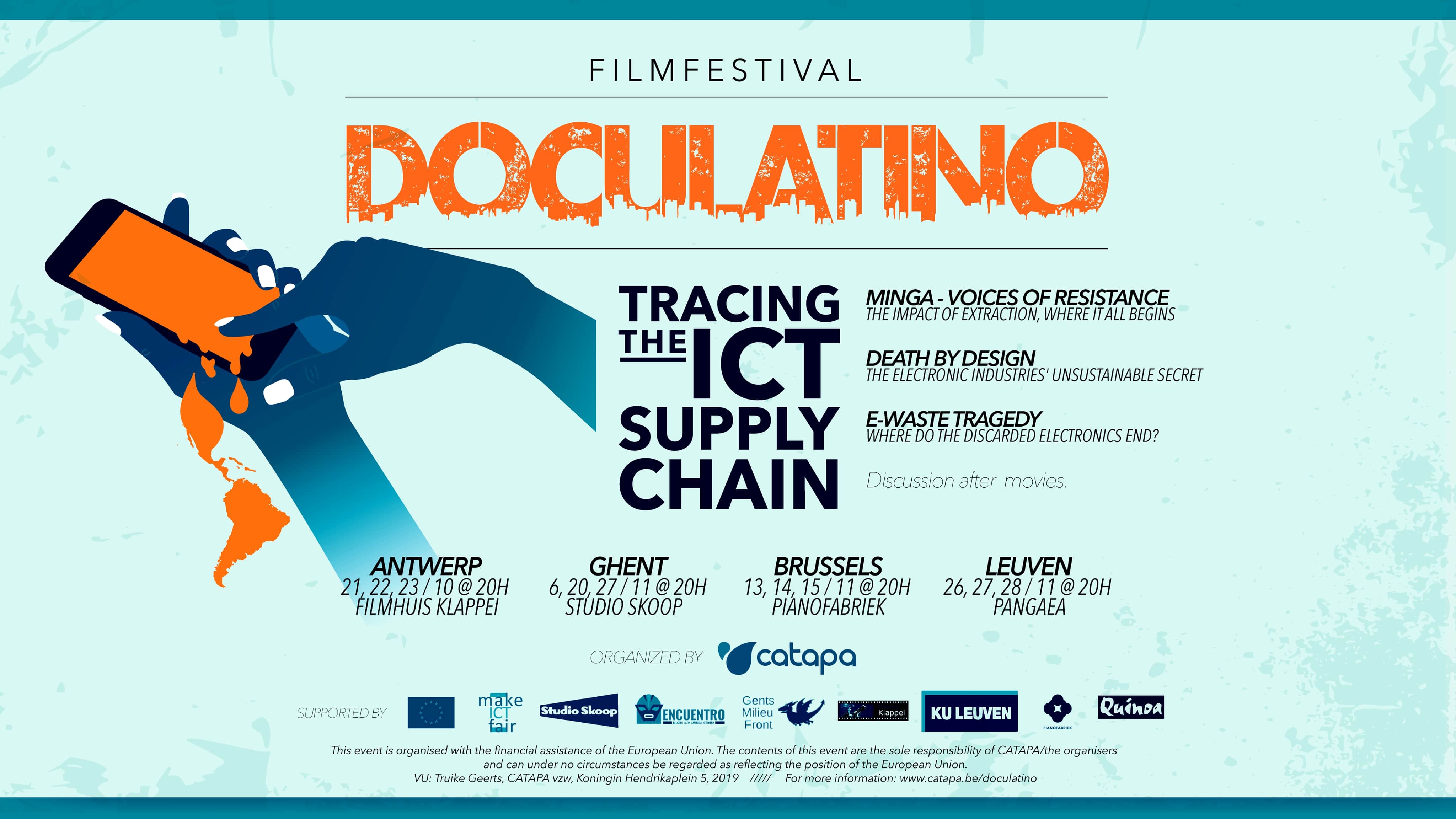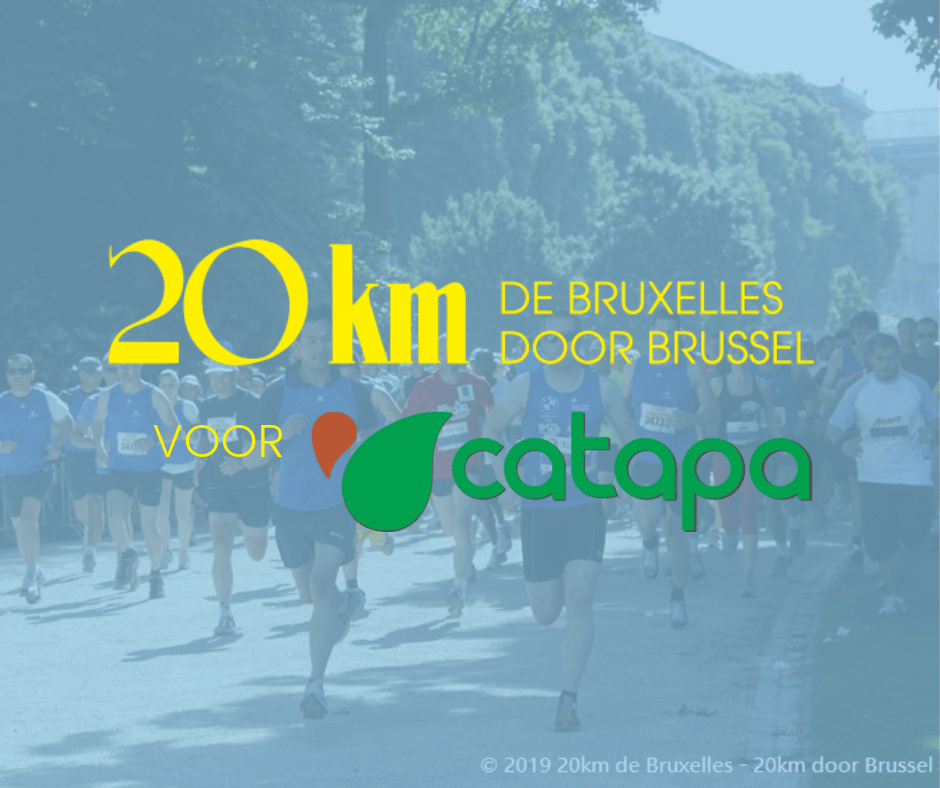Mining in Paradise?
With the campaign Mining in Paradise, CATAPA supported the agricultural and environmental organisations in four provinces in the North of Peru that didn’t want to allow mining in their region. This organisations saw a need in mobilising because of the fact that mining companies harm human rights, cross local development plans and threaten the most bio-diverse area in the world, the tropical Andes, which may cause irreparable damage. Below you will find an extensive list of achievements of our campaign.
CATAPA and her partner organisations wanted with this campaign:
- To meet the question of information about mining in local farmer communities and support them in the launching of joint actions.
- To get the subject of no-go-zones on the agenda of regional and national Peruvian politics.
- Sensitize citizens in Belgium and other European countries about mining issues in North-Peru.
- Stimulate international solidarity within the farmer’s population of North Peru.
Partly thanks to the help of many volunteers and signers of the petition, our campaign was largely successful.
THE CAMPAIGN IN PERU
On regional level, North-Peru
– The Frente, with the support of Red Muqui and CATAPA, has given about ten informative and participative workshops in different villages about mining, globalization and human rights. A total of more than 500 farmers took part in these workshops – large part of which were young people. About 70% of the population in the predominantly rural area is poor and has little or no access to education, nor information about the mining industry.
– Farmer organisations out of four provinces have stated a joint statement ‘Zonas libres de minería’ (or ‘No-go zones for mining’) in which they comment on why they don’t want any mining activities in their area. Their principal requirements are: a spatial planning process with participation of the local population and respect for the environment, investments in the local development alternatives (agriculture and ecotourism) and the approval of a legal mechanism for consultation of indigenous people.
– On the 16th of September, which is the third anniversary of a referendum out of which appeared that 97% of the local people preferred not to have any mining activities in their area, public events were organized in the provinces of Ayabaca and Huancabamba. During these events, the declaration and the campaign video were shown. Hundreds of people were present.
– Thanks to a press conference, the campaign got the attention of different local newspapers and radios. Also the statement was published in El Tiempo de Piura, which is one of the best-read newspapers in the area.
– The people who are candidate at the election of mayor in the local elections on 3th of October, in four North-Peruvian provinces, have spoken out against a statement, during public debates prior to the elections. Many of them signed an ‘ethical pact’, in which they promised to respect the requirements of the declaration. The social organisations will see to it that they keep their promise.
– Also the two new regional governors in the area promised openly in the media that they will be working on no-go zones for the mining industry. Moreover, the new regional governor of Piura has signed a personal agreement with the farmer organisations, in which he promises not to permit any mining activities in the páramos and cloud forests of the Andes, and to recognize the farmer organisations as ‘protectors of the páramos‘.
– On 2nd December 2010, one year after the death of two farmer leaders who died because of the mining industry conflict, the local campaign was finished with an event in the farmer community of Segunda y Cajas. During this event, the death of the two leaders was remembered and the information about the campaign was spread in Lima and Europe. Also during this event hundreds of people were present.
On national level, in Lima
– A lot of networking was done between NGOs and social communities to enlarge the support of the national and international society. Several international NGOs, such as Oxfam America and Friends of the Earth US, supported this action.
– The production house Guarango, which had made documentaries about the mining industry problems in Peru before, made, in cooperation with CATAPA, two sensitizing campaign videos. These were shown during ten informative sessions in the capital, as well as in North-Peru and Europe.
– With the support of CATAPA and a member of parliament from North-Peru, our partner organisations Fedepaz and Cooperacción organized a national forum in the Peruvian Parliament which threats the campaign theme no-go zones for mining. On this forum many experts gave lectures, representatives of local farmer organisations gave a speech and debates were held. The forum was commented in various national newspapers.
– Four (digital) informative bulletins were published, in which each time a certain campaign theme was spotlighted. These bulletins were spread by the campaign partners to the general public. On the final event of the campaign in North-Peru, the people present got a summarizing bulletin of the campaign, with pictures of the different activities.
– In cooperation with our national partners and Friends of the Earth US we sent a critical letter to the stakeholders of Zijin, the Chinese mining company which is the principal stakeholder of the Río Blanco-mining project in North-Peru. This letter was published in The South China Morning Post, an important Chinese business paper.
THE CAMPAIGN IN EUROPE
– On the 16th of September, the website mininginparadise.org was launched in six languages, with the different campaign videos and an online petition to support the declaration ‘Zonas libres de Minería’.
– On invitation of CATAPA, a European lecture series with Peruvian guests was organized. Some of the Peruvian guests were José De Echave, who is an economist and co-founder of CooperAcción, and the North-Peruvian biologist Fidel Torres. Furthermore, there were some witnesses of communities that had been harmed directly by the mining industry, such as Josefina Aponte, leader of agriculturers of Huancabamba, and Magdiel Carrión, president of the farmer movement FEPROCCA from Ayabaca. There were lectures with Peruvian lecturers in Great-Britain, Belgium, the Netherlands, Germany, France, Spain and Italy, to argument the need of No-go zones for mining. Numerous lectures and conferences were held in Flemish and Walloon colleges and universities, with all together hundreds of people present.
– The most important activity of this tour was the international conference in Brussels, where hundred people were present. An extensive article in the newspaper De Morgen about the conference was written.
– A brief investigation paper was written which covered the scientific and juridical foundation of the campaign. In cooperation with photographer Danny Veys, the Photo-exposition Mining in Paradise? was developed, which portrayed the reality of North-Peru and the impact of the large mining industry elsewhere in the country. This was exhibited during some months in Brussels.
– The e-petition was signed by about 3000 people of 75 different countries and 140 different large and small organisations.
– We sold (and keep on selling) the delicious CATAPA-coffee Café por el Paraíso, in cooperation with Oxfam Wereldwinkels and Cepicafé- a coffee-cooperation in Northern-Peru.




